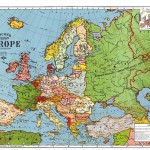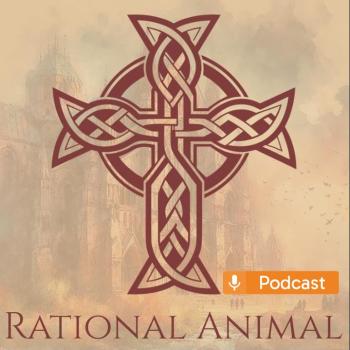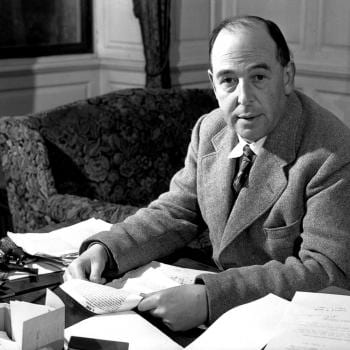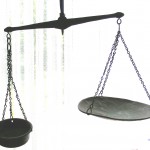I was blogging over at the Iona Institute, the think-tank at which I work, about euthanasia, and the tenor of the whole thing was rather sad. It ended like this:
You can have a look through Anscombe’s evidence guide here.
I don’t think that many people will. I don’t think very much of this will get reported. I suspect that at this stage, you either get it or you don’t. I’d love to be wrong.
I felt pretty sad while writing it, too, and it got me thinking: people who are “socially conservative” on the current political spectrum in my experience tend to be a a good deal more melancholy than their “socially liberal” counterparts.
A smart-aleck might say that this is just because they have more to be sad about. I think there’s more to it than that.
For instance: I have never, in my memory, come across a pro-choice writer who is sad, who greets something like the passage of Texas’s 20-week abortion ban with anything like genuine mourning. I see a lot of moral outrage (and I don’t use that pejoratively – despite the overexposure of OUTRAGE! on social media, genuine moral outrage is often a completely just response to situations, and if I held certain pro-choice premises I’d be outraged about abortion restrictions too), a decent amount of contempt, the usual incomprehension at pro-lifers’ position, and sometimes grace and open-mindedness.
Radically pro-choice writers like Katha Pollitt and Amanda Marcotte never go near sad: the more “mainstream” pro-choice writers sometimes manage a head-shaking woefulness at other people’s ignorance, but that’s about it.
From pro-lifers, you get all the same stuff. Lifesitenews often does outrage, The Federalist does how-can-you-people-think-this, (I generalise: both sites produce a lot of really fine pieces of various different kinds on the issue) Charles Camosy does grace and open-mindedness.
But I see a lot more sadness from the pro-life side. Ross Douthat, Rod Dreher, David Bentley Hart – there are a lot of abolitionists writers who often have an elegiac quality to their work, as though they’re genuinely saddened, as opposed to enraged or disgusted, by what they’re bemoaning.
I don’t really know why this is. Are there more sad “conservatives” on this issue because the death of millions of babies is more heartbreaking than the violation of millions of women’s bodily rights (which might be a bit more likely to inspire anger?). Is it that Tolkienesque “fighting the long defeat” types are more likely to get into abolitionist writing? Is there a correlation between some of Jonathan Haidt’s Moral Foundations and a tendency towards sadness? Or maybe my sample size is just too small and my impression is completely off.
Are there other areas you’ve particularly noticed where a particular temperament and a particular stance on an issue are aligned? What about religions, philosophies, or general worldviews?














